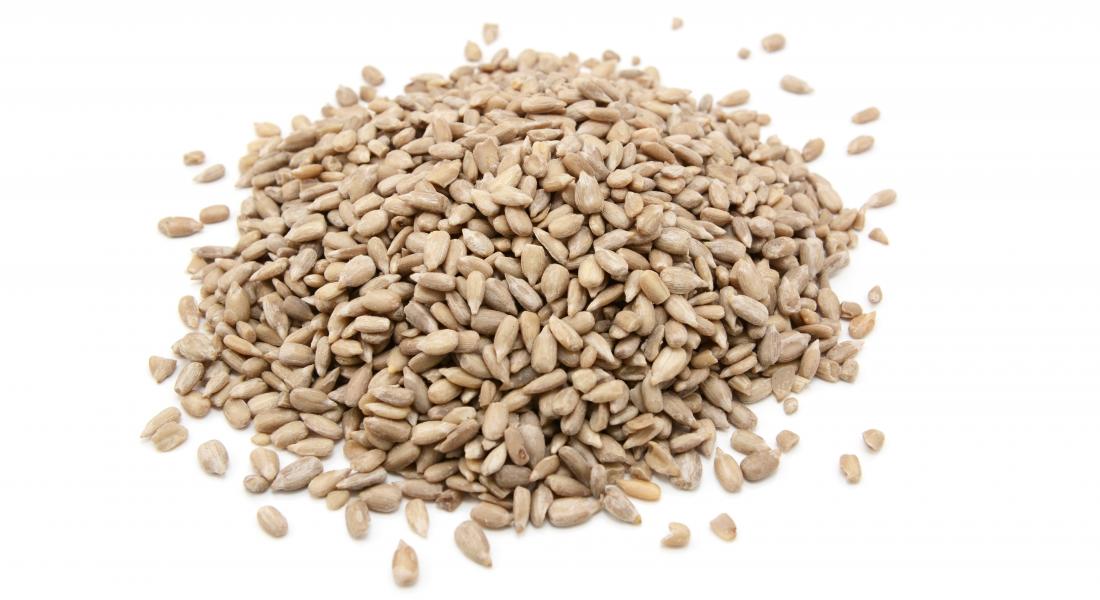Russia’s invasion of Ukraine is of course influencing many markets in which we operate. The GBP against the USD is as low as it has been since November 2020 and fuel prices have reached record highs. Ukrainian prime minister Denys Shmygal has announced plans to create a food reserve big enough to feed the country’s people and armed forces during the Russian invasion. Planting in Ukraine was due to start just before Russia’s invasion of Ukraine, so naturally there are concerns that areas sown will be reduced dramatically as the conflict continues.
The Bulgarian government has announced plans to increase its reserves by purchasing stock directly from local producers to ensure their domestic needs are covered. It is estimated that there are still 3 million tonnes of wheat in Bulgarian silos, and the government could procure almost half of that quantity. We have already seen extra customs checks at Bulgarian borders, which some producers believe are an unofficial attempt to halt exports. On Friday 4th March 2022, Hungary banned all grain exports due to price increases caused by the Russian invasion of Ukraine, Bulgaria is sure to follow, officially, very soon.
The sunflower kernel market has risen to all-time highs in the last two weeks. Prices from Bulgaria are around 45% higher than two weeks ago and shellers are increasingly concerned about how many of their farmers will honour existing contracts. Alternative options such as Argentina and China have obviously increased pricing due to rapid demand and could soon be the only viable origins able to supply some of the global demand. For businesses that rely heavily on Sunflower products, which there will be many, this will of course be a very worrying time.
Peanut prices have been relatively stable, but the ongoing conflict and continued sanctions on Russia will have a major impact on the global Peanut market.
The Brazilian crop is looking good, with an expected increase in tonnage of around 14% but as Brazil exports around 40% of its volume to Russia and 10% to Ukraine, this could be devastating for the Brazilian peanut market.
The Argentinean Peanut market has been very quiet as buyers wait on the new crop. The crop is progressing well in most areas but as always, the weather over the next few weeks is vital.
The US Peanut market has been stable with little availability for export. Container and vessel availability is still a real issue out of the US and that looks set to continue throughout Q2.

